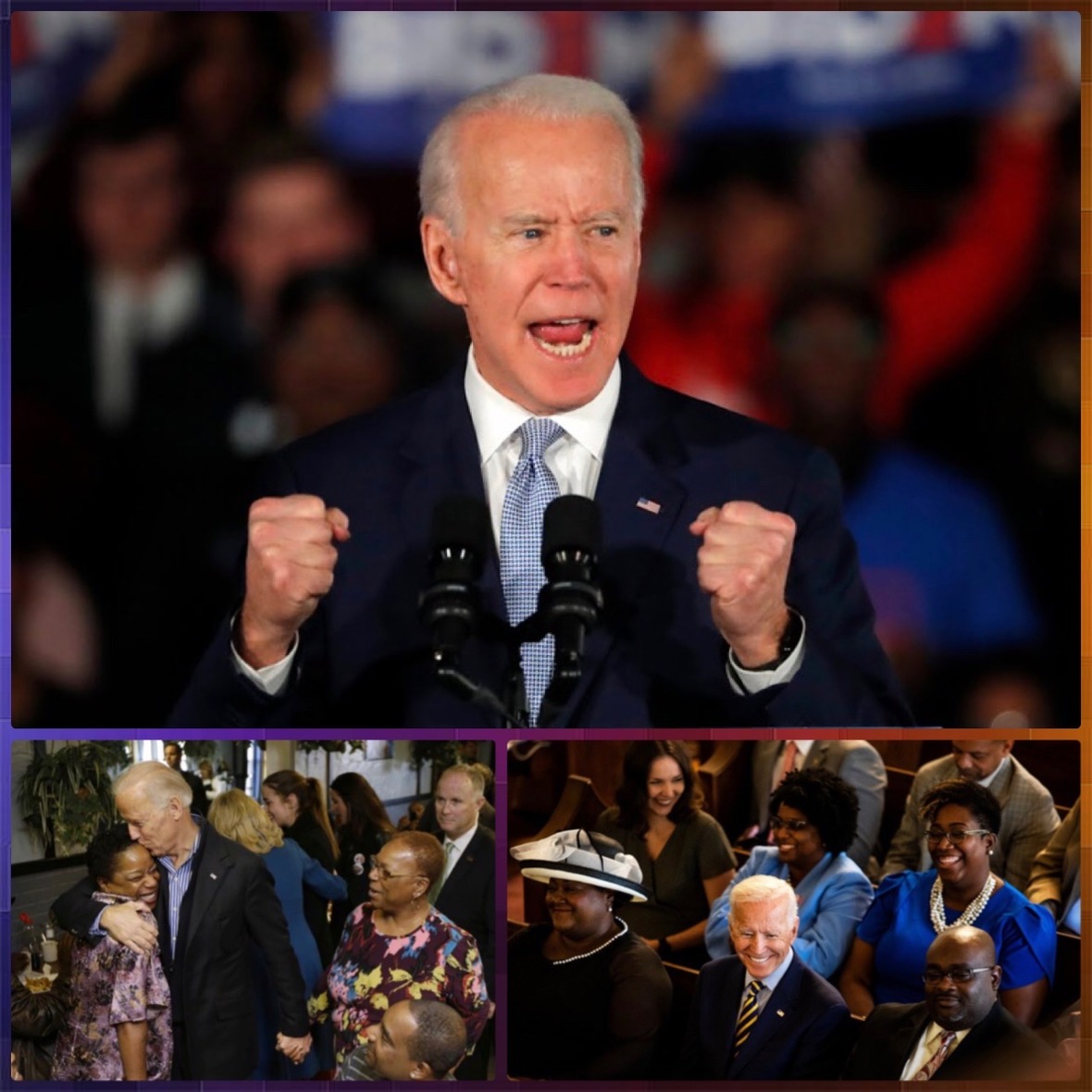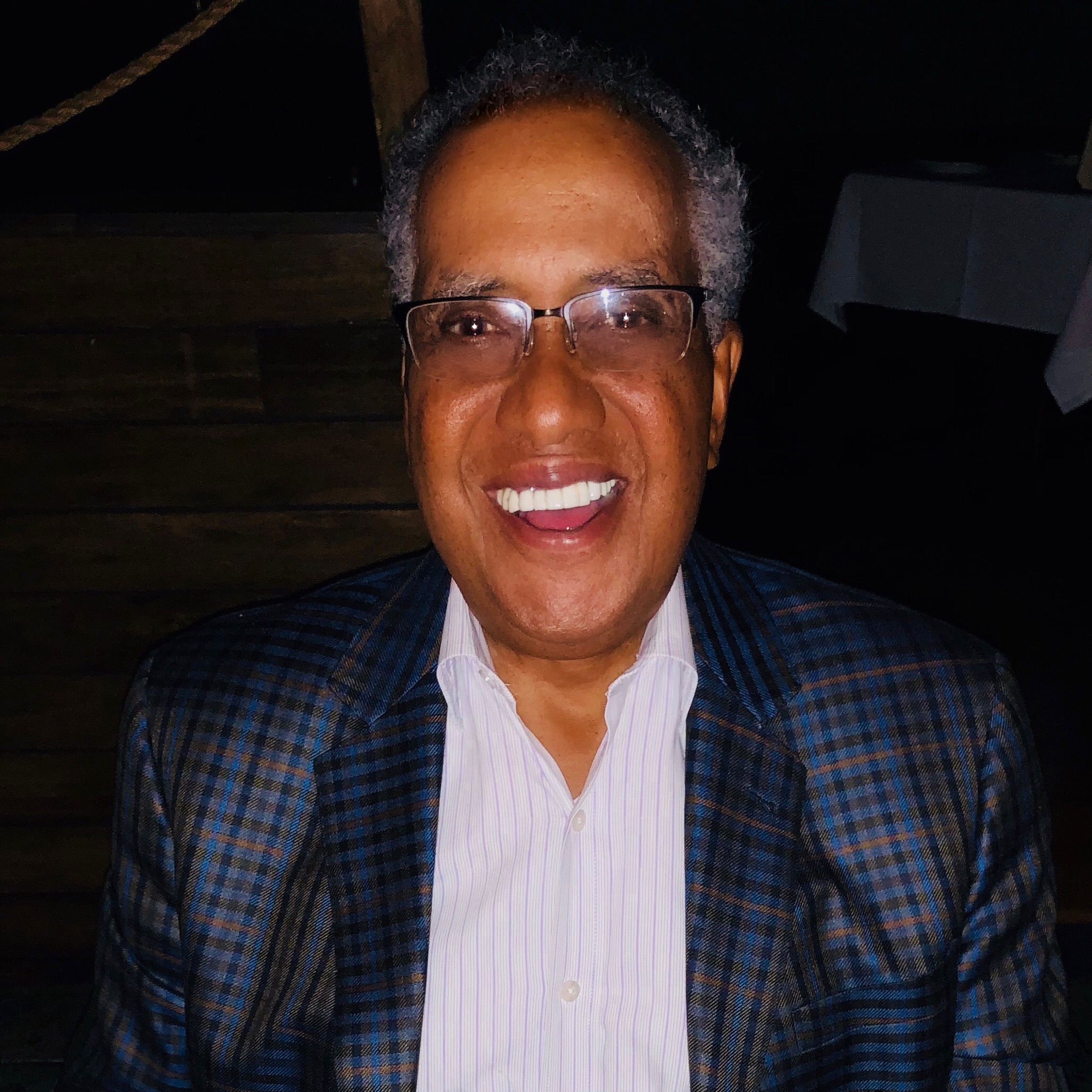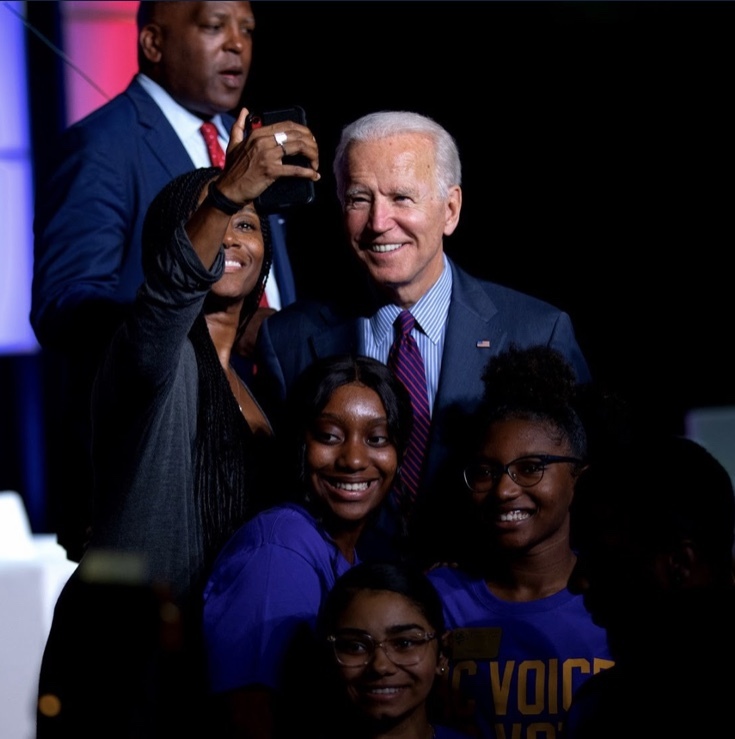Black voters resuscitated Joe Biden’s campaign for the presidency. Is it not, then, high time to consider some quid pro quo?
That Blacks rescued Biden’s sinking ship is indisputable. Exit polls show Biden got close to 69 percent of the African-American vote in his big turnaround event – the South Carolina primary.
His Iowa caucuses and Nevada primary disappointments fast forgotten, Biden parlayed a resounding victory in S.C. into a Super Tuesday near sweep, racking up 70 percent of the Black vote in Virginia and Alabama and margins close to that in Texas, North Carolina, and Tennessee.
It’s often argued, with justification, that Democrats take the Black vote for granted. But after a rescue mission like this, and with the Black vote looming central to Democratic chances come November, you don’t need to be a Latin major to start thinking this-for-that.
How, and by what means, can the now-probable Democratic nominee repay Black voters for our overwhelming support? This exercise is not as simple as drafting a wish list. America’s political, cultural and suddenly – biological – situation is shifting like few other times in our nation’s history.
Polar Chill
Take the matter of polarization. Ezra Klein, an editor of the newsy website Vox, explains the ever-widening gap between the left and the right in his book Why We’re Polarized.

He cites many examples, but one especially resonates: “It has been found, for instance, that priming white college students to think about the concept of ‘white privilege’ leads many to express more racial resentment, not less, in subsequent surveys. Turns out the simplest way to activate someone directly is to threaten him or her, to tell them they don’t deserve what they have, to make them consider that it might be taken away. The experience of losing status and being told your loss of status is part of society’s march toward justice is in and of itself radicalizing.”
When you’re accustomed to privilege, Klein argues, equality feels like oppression. There’s truth to this lens, but it cuts both ways. To the extent that it’s true – that the loss of privilege feels like oppression – then that feeling needs to be taken into account if one’s goal is to muster political support. If left to fester, this resentment can be weaponized by demagogues and reactionaries.
This is a problem for Democratic office seekers who need to promote diversity while achieving an electoral majority. Post-election, moreover, the pluralistic work of governing requires that the needs and concerns of many different groups be balanced against one another.
Klein points out that voters are more motivated by their antipathy for the other party than by affinity for their own. It has become a kind of self-reinforcing loop in which the public becomes even more polarized as the candidates, special interests, and even some media stoke the antipathy…further polarizing the public, and so on and so on.

Scholar Lilliana Mason posits in Uncivil Agreement: How Politics Became Our Identity that “the crisis emerges when partisan identities fall into alignment with other social identities, stoking our intolerance of each other to levels that are unsupported by our degree of political disagreement.”
The problems of resentment and antipathy compound when we add demography. Race becomes more of an issue when many white voters look around and see more brown Hispanics mowing their lawns or more Blacks on TV.
Identity steps up as an issue when society’s racial composition changes. Recall the white college students’ resentment when tasked to think about white privilege.
Donald Trump exploited this polarization masterfully to become president. The Hillary Clinton campaign didn’t help by spending insufficient time and money in Michigan, Wisconsin, and Pennsylvania, where blue-collar whites helped deliver those key electoral prizes by a miniscule 100,000 votes combined.
Trump’s rise benefitted from a perfect storm of larger economic, social and demographic change and the profoundly disruptive effects of globalization and technology. Historian Richard Hofstadter once described the “paranoid style” of American politics. “The right feels dispossessed, that America has been largely taken away from them and their kind, though they are determined to try and repossess it.”
More recently, historian Joe Meacham states, “Extreme racism, nativism and isolationism tend to spike in periods of economic and social stress, periods like our own, when change of every sort is blowing across the globe.”
Retreat From Reality
Then there’s the plight of the young millennials without advanced educations or the ability to code software in the new, digital workplace. Many realized that they were looking at jobs in the gig economy, driving for Uber or delivering carry-out for Grub Hub, perhaps buried under years of tuition debt. Workers in the manufacturing sector found themselves downsized or out of work.
Meantime, too many kids became addicted to videos games, binge-watching “streamed” entertainments and other escapes from lived reality. Escape into compelling fictional worlds is one way many are coping with political outrage and fatigue.
Trump appeals to a different type of nostalgia – to an era when white men were in charge and women, African Americans, Hispanics and immigrants, knew their place. Many Trump supporters inhabit the echo chambers of right-wing media.
No surprise then that the president’s hard core of supporters stubbornly respect the lies and conspiracy theories that cycle through his Twitter feed, or believe the rants of Russian trolls on Facebook, or white nationalists and random crackpots on Breitbart.
Michiko Kakutani is spot-on with her book The Death of Truth, a catalogue of the lies and half-truths that have dominated the Trump administration from the get-go. She writes:
“This is why Republicans and Democrats, conservatives and liberals increasingly have trouble even agreeing on shared facts or (even) developed that which has contributed to trust between different groups.
“Rather, what resulted was a fueled incivility and sped up nichification of culture that began years ago with the advent of cable TV and the Internet. Facebook, Twitter, and Instagram-(“influencers”) replaced experts, scientists and scholars. Memes and misinformation started to displace facts and in an era of data overload and short attention spans, it’s not the most reliable trustworthy material that goes viral, it’s the loudest voices, the angriest and most outrageous posts that get clicked and shared.”
“When politicians constantly lie, overwhelming and exhausting us while insinuating that everyone is dishonest and corrupt, the danger is that we grow so weary and cynical that we withdraw from civic engagement and that’s bad.
“Truth is a cornerstone of our democracy. We cannot control whether our public servants lie to us. But we can control and hold them accountable for these lies or whether in a state of exhaustion or to protect our own political objectives, we look the other way and normalize our indifference to the truth.”
Joe Biden, should he win the 2020 presidential election, will have huge number of fixes to make on the screw-ups made by his predecessor, Donald Trump. Chief among them will be restoring foreign relations and internal civility.
Staring him in the face, demanding immediate attention, will be:
• Response to, and a plan for, defeating the Covid-19 pandemic, which Trump mishandled from the beginning.
• Economic recovery from Covid-19.
• Rescue of the Justice Department and the restoration of confidence in the FBI.
• Re-establishing TRUTH as the Presidential messaging imperative.
• Appointment of Cabinet secretaries who will advance rather than destroy agency goals.
• Repairing global partner relationships torn asunder by Trump.
• Establishing a national reconciliation plan based on leading by example.
These are his general imperatives. What about his quid pro quo? What about the actions he will owe Black America after our rescue of his sinking primary election ship?

The Pro Quo
Here’s my partial list of Black Citizens Goals. Biden will have to “walk and chew gum at the same time”:
• Appoint a Secretary of Labor who will be mandated to establish a construction, technology and service training program for Black men who are parole-eligible or recently released from the mass incarceration of recent years.
• Select a Secretary of Education who will increase the reading level of Black elementary school children so that they can enter high school with chances for advancement.
• Create a national charter school initiative that will mirror Chicago’s Urban Prep (full disclosure: My son Tim King is founding CEO) in efforts to prepare Black young men for college.
• Appoint an Administrator of the Small Business Administration to aggressively direct loans, grants and technical assistance programs to stimulate the growth and development of Black businesses.
• Select a Secretary of Housing and Urban Development who will combat the disinvestment and abandonment on the South and West sides of Chicago and other urban areas. This can be a Demonstration Plan for major cities.
These are not the only ways a President Biden must begin to repair the neglect foisted upon Black America, but it’s a start. Remember RayBenson’s lyric: “You got dance with who brung you. You got to swing with the one who swung you.”
Remember, also, South Carolina.

Paul King Jr. is a construction consultant and member of Chicago’s Business Leadership Council







A wonderful article that I have shared. How did
I make my child love to read: https://bit.ly/2VxFhqh